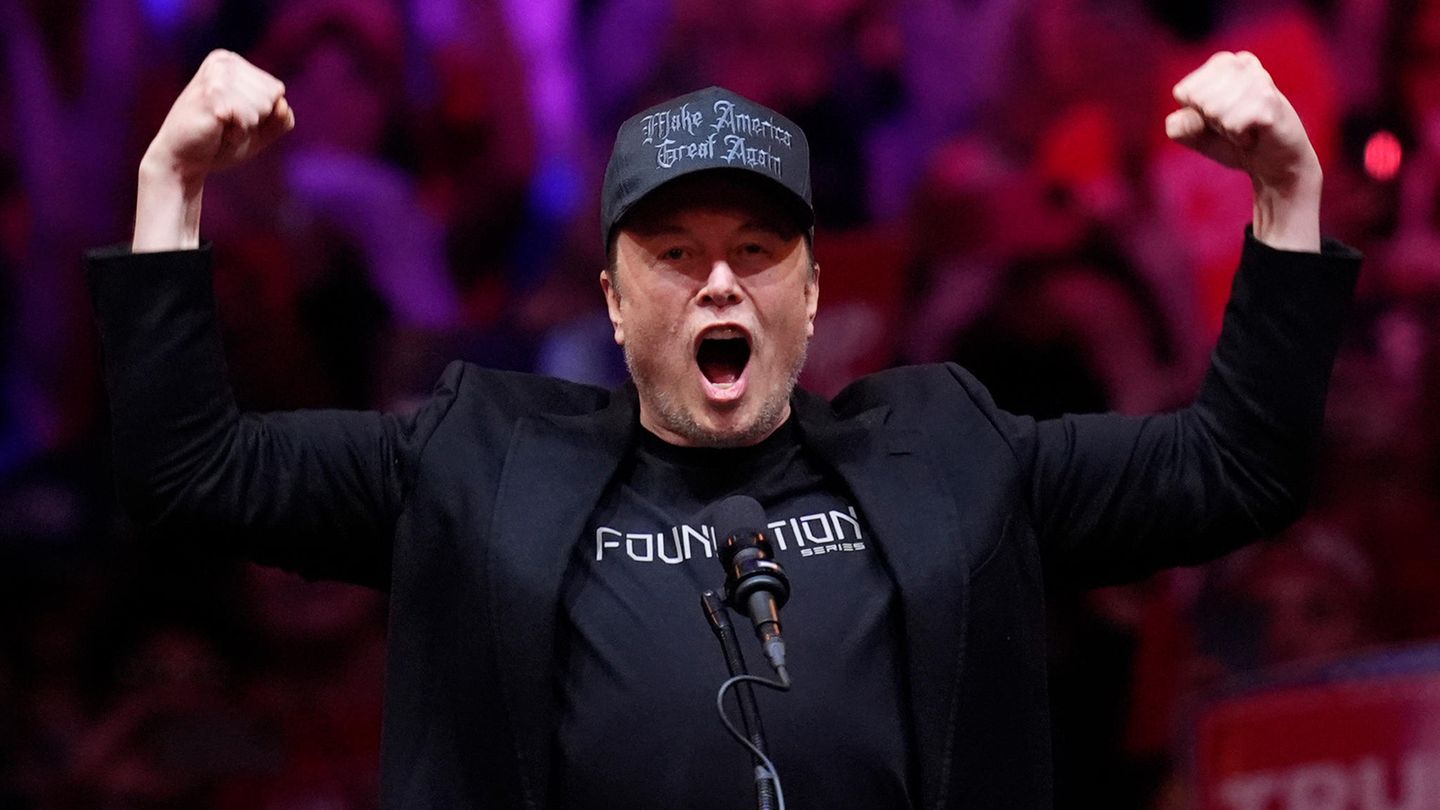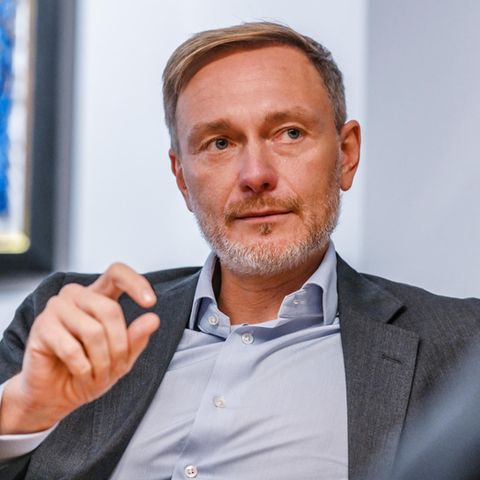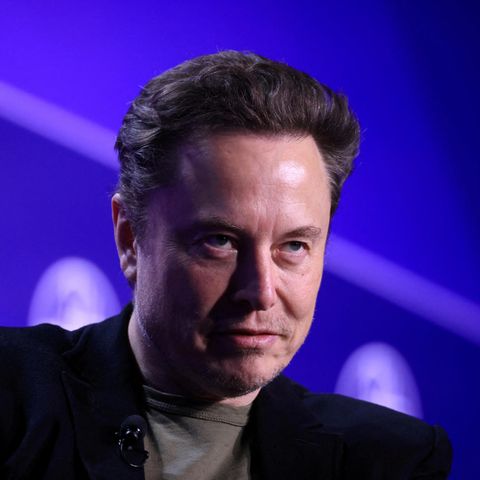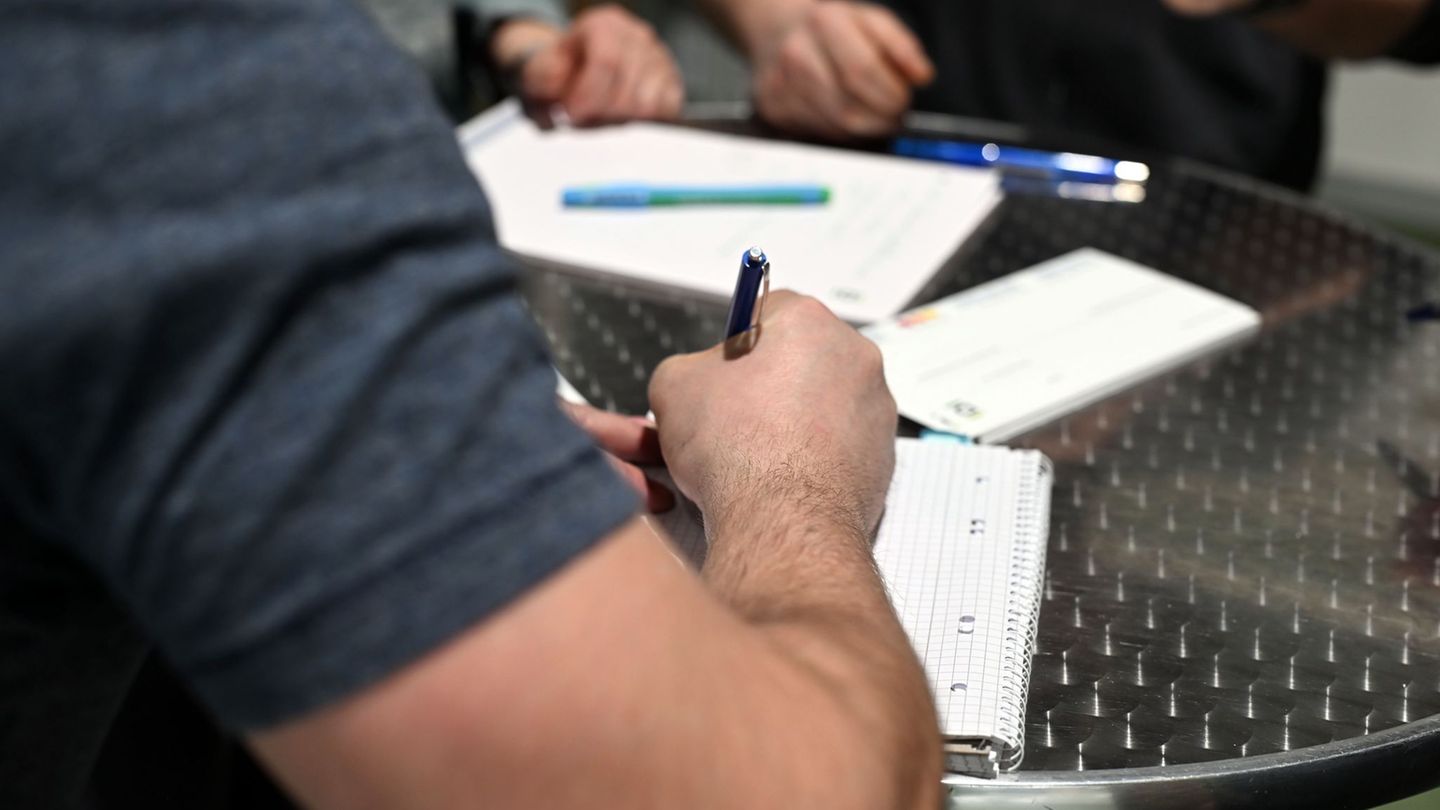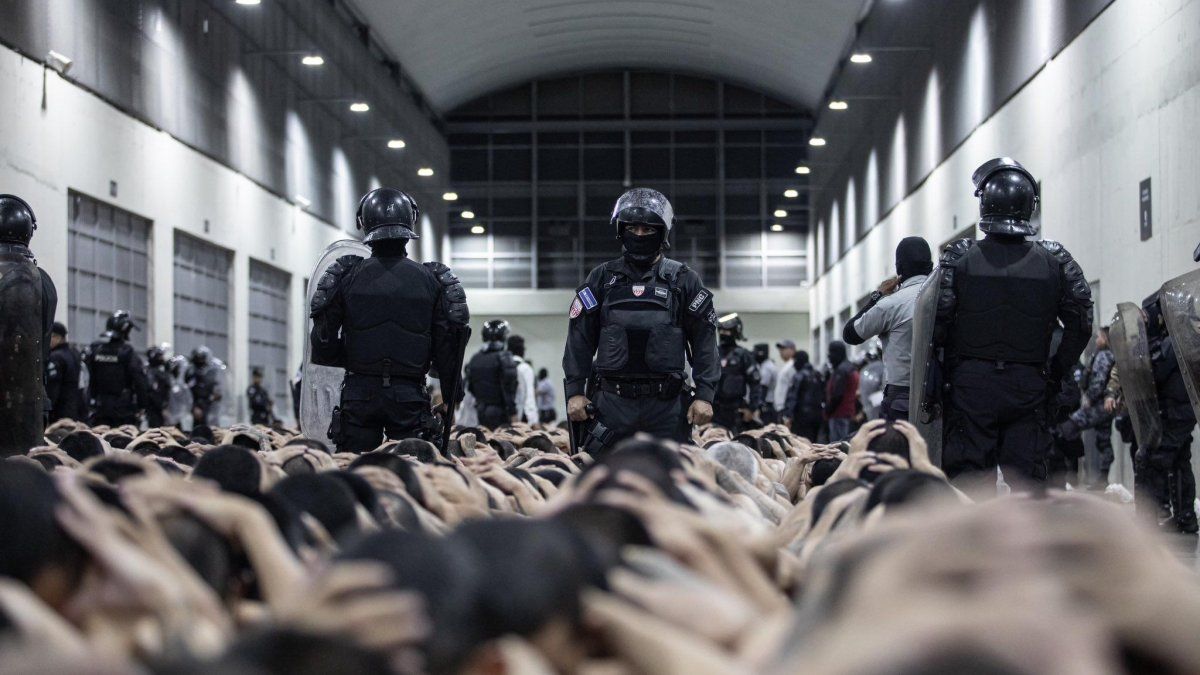AfD sympathizer
Why Elon Musk is interfering in German politics
Copy the current link
Shortly before Christmas, Elon Musk positioned himself in the German election campaign for the first time, and in the “Welt” he is now doing it again. There may be a bigger plan behind this.
The tech billionaire Elon Musk, boss of Tesla and founder of the rocket company SpaceX, repeatedly gets involved in politics around the world – increasingly in Germany too. After the attack in Magdeburg, in which five people died, Musk insulted Chancellor Olaf Scholz as an “incompetent idiot” on his social network X (formerly Twitter) and called for his resignation.
Just a few hours before the attack, Musk had indirectly recommended voting for the AfD: only the AfD could save Germany, he wrote. After Christmas, the billionaire will step it up again. In an article for “Welt am Sonntag”, Musk explains his election call, describing the AfD as the “last spark of hope for this country”. The AfD represents the right positions on the issues of economic recovery, energy supply and migration control.
The publication caused a lot of dissatisfaction in the editorial team. On X, the very medium that Musk owns, many of the publisher’s editors distanced themselves from the article. Eva Maria Kogel, head of opinion at “Welt” and “WamS” announced on X that she had submitted her resignation when the article was printed.
Debate about Musk article in newspaper
According to media reports, the printing of Musk’s guest article sparked a heated controversy within the editorial team before Christmas Eve. The editorial committee had already warned against publication back then, writes the industry service “Medieninsider”, and the “Spiegel” reports on further disputes in the final editorial conference on Friday.
The German Journalists Association (DJV) was also critical of the tech billionaire’s guest article. DJV chairman Mika Beuster called on editorial teams not to allow themselves to be exploited in the federal election campaign and to handle guest contributions “extremely carefully”. “German media must not allow themselves to be misused as a mouthpiece for autocrats and their friends,” explained Beuster.
So far, Musk has only insulted
In Germany, Musk had previously only shown indirect sympathy for the AfD. Instead, he repeatedly targeted politicians from other parties, such as Robert Habeck from the Greens, for making derogatory comments. He declared Chancellor Olaf Scholz a “fool” and wrote about his predecessor Angela Merkel: “Who is this Merkin person?” – a probably deliberate typo. Merkin means pubic hair wig in English.
His post on the day of the Magdeburg attack that “only the AfD” could “save” Germany is a new form. Interference by the multi-billionaire and Trump advisor in the German election campaign.
The AfD reacted immediately. Party leader Alice Weidel replied to Musk that he was completely right. Other German politicians also commented: FDP chairman Christian Lindner advised Musk not to judge too quickly. He initiated the debate about being inspired in Germany by the ideas of Musk and Javier Milei. He then invited Musk for a direct exchange.
Even after the post was published in “Welt”, Weidel reacted immediately and shared several excerpts from Musk’s post without commenting further. Significantly more critical tones came from other parties. SPD General Secretary Matthias Miersch told the “Handelsblatt”: “It is unacceptable that foreign billionaires are trying to influence our political landscape and thereby support parties that undermine our democratic values.” Andreas Audretsch, campaign manager for the Green Party, warned that billionaires like Musk or Chinese state-owned companies have the opportunity to “undermine our democratic discourse with their platforms and a lot of money.”
Musk also interferes in the politics of other countries
However, Germany is just one of the countries where Musk is speaking out. The richest man in the world, who has an estimated fortune of more than $400 billion, is also involved in the domestic politics of other European countries – apparently with the aim of creating a larger right-wing populist network in Western democracies.
British populist Nigel Farage told the British newspaper Telegraph about his recent meeting with Musk: “He sees the motherland of the English-speaking world in very big trouble.” The billionaire left no doubt “that he stands behind us.”
According to Farage, negotiations were also underway to provide Musk with financial support for the right-wing populist party Reform UK. There is speculation in British newspapers about a donation of 100 million euros. Previously, Musk accused the incumbent Labor government of building a “tyrannical police state” and predicted a civil war in Britain over the summer.
In Italy, Elon Musk demanded that the judges “go” after a Roman court’s decision that the internment of migrants in Albania was illegal. In another case, he railed against an Italian prosecutor who had called for a six-year prison sentence for the right-wing extremist politician in the trial of Matteo Salvini: “The crazy prosecutor should be the one who should go to prison for six years.”
Italian President Sergio Mattarella forbade this interference: Musk must respect the country’s sovereignty.
Elon Musk’s comments on South America’s democracies are also becoming increasingly offensive: In Brazil, the Tesla founder got into a public argument with a judge, describing him as an “evil dictator.” An Argentine diplomat described a meeting between the two of them as “love at first sight” with Argentina’s President Milei. Musk wants to help Argentina, Musk and Milei will soon be hosting a big event in Argentina to promote “the ideas of freedom”.
Is Musk a threat to democratic stability?
The fact that Elon Musk is clearly taking sides with the AfD is not an isolated example of political influence: a pattern is emerging in which the billionaire and powerful Trump whisperer strengthens right-wing and extremist positions through his media reach – and possibly through his money.
This interference has long since reached beyond national borders and affects established democracies worldwide. The case makes it clear: It’s not just about a few controversial posts, but about the question of the extent to which a rich but not democratically elected individual can influence public opinion.
Editor’s note: This article first appeared on December 23rd and has been updated
Source: Stern
I have been working in the news industry for over 6 years, first as a reporter and now as an editor. I have covered politics extensively, and my work has appeared in major newspapers and online news outlets around the world. In addition to my writing, I also contribute regularly to 24 Hours World.

